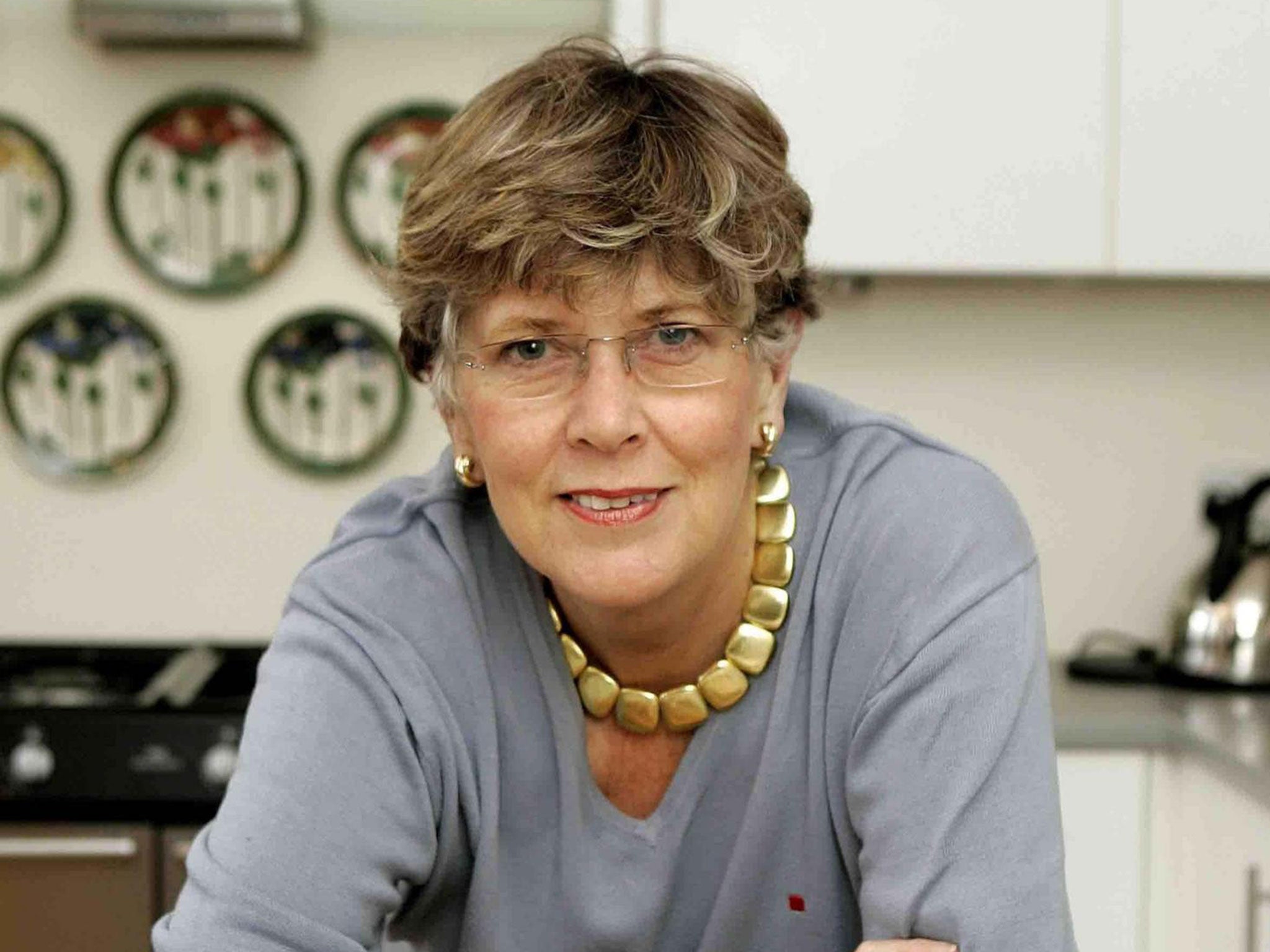Prue Leith: Women writers are underrated by publishers, says author
'I don’t want to sound carping and over-feminist but I do think there is something in publishing which underrates women’s writing'

Your support helps us to tell the story
From reproductive rights to climate change to Big Tech, The Independent is on the ground when the story is developing. Whether it's investigating the financials of Elon Musk's pro-Trump PAC or producing our latest documentary, 'The A Word', which shines a light on the American women fighting for reproductive rights, we know how important it is to parse out the facts from the messaging.
At such a critical moment in US history, we need reporters on the ground. Your donation allows us to keep sending journalists to speak to both sides of the story.
The Independent is trusted by Americans across the entire political spectrum. And unlike many other quality news outlets, we choose not to lock Americans out of our reporting and analysis with paywalls. We believe quality journalism should be available to everyone, paid for by those who can afford it.
Your support makes all the difference.The restaurateur-turned-novelist Prue Leith has hit out at the publishing industry for “underrating women’s writing” Love stories by female authors were not taken as seriously as those written by men, she said.
Leith told the audience at The Independent Bath Literature Festival: “I don’t want to sound carping and over-feminist but I do think there is something in publishing which underrates women’s writing.”
Critics were just as bad, she said. “If they write a review of a very good love story by, say, Jojo Moyes it will be categorised as commercial fiction, light fiction, romance or women’s fiction – whatever that is – because love is in it.”
She said men had written some of the greatest love stories from Romeo and Juliet to Birdsong by Sebastian Faulks. “But if a man writes a love story, they are not seen as romantic fiction or commercial fiction but as offering a deep insight into the psychological condition. They get reviews that take them seriously.”
She hailed those in the industry who had taken steps to counter the trend such as Virago, the publisher of books by women, as well as the Baileys Women’s Prize for Fiction, formerly the Orange Prize.
Her comments follow those by writers such Joanne Harris, who have questioned the women’s fiction category. “Why does fiction need to be gendered?” she said.
Jodi Picoult agreed, and said that authors like herself were put into the category of women’s fiction and taken less seriously than her male counterparts. “Women’s fiction doesn’t mean that’s your audience. Unfortunately, it means you have lady parts,” she said. Kathy Lette has suggested women may need to use male pseudonyms to get the acclaim they deserve.
Leith started as a caterer before opening her own restaurant and cookery school. She has now turned to writing full time saying: “I think of myself as a novelist. Moving to writing novels was never a huge jump, I had wanted to write novels 20 years before I did it,” she said.
“I haven’t written a recipe book in 20 years. I made the shift from one kind of writing to another.”
The Flood of Love, which is set in war-time London, is Leith’s sixth novel. She said that after publishing her first few novels “occasionally I would get reviews that were very patronising. ‘Quite good for a cook,’ was the general tone of them.”
Join our commenting forum
Join thought-provoking conversations, follow other Independent readers and see their replies
Comments